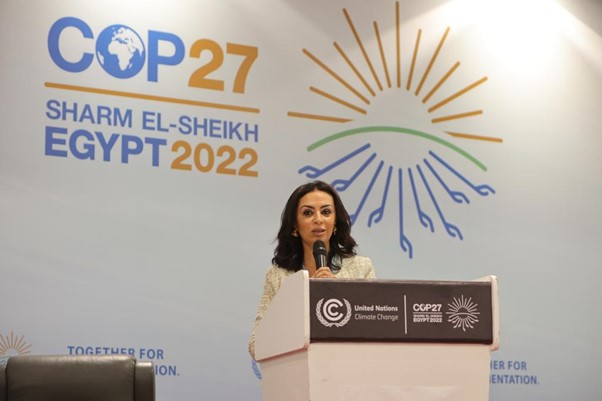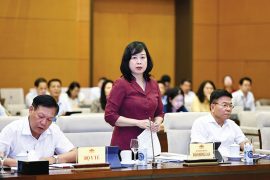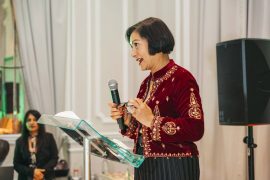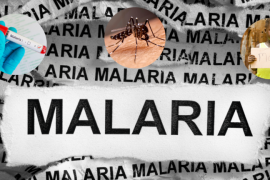The Executive Director of the United Nations Women, Sima Bahous, has told world leaders that the 1.5-degree Celsius goal or any other goal cannot be met without gender equality and the total contribution of women and girls.
Bahous’ statement came following the African Women’s Climate Adaption Priorities (AWCAP) launch at the COP27 in Egypt.
The launching of the African Women’s Climate Adaption Priorities said the COP27 president is part of efforts to champion women as equal partners and have them as key players in implementing climate action.
The African Women’s Climate Adaptive Priorities (AWCAP) initiative promotes the inclusion of women for a climate-resilient future. It focuses on strengthening women’s participation in environmental governance, leveraging opportunities within the just transition to the green economy, and achieving sustainable development (SDGs).
Commenting on the initiative, COP27 President H.E. Sameh Shoukry told cross-sessions of delegates that “Africa is responsible for less than 4% of global emissions and is disproportionately punished by the impact of climate change”.
He added that “rural women on the continent are among the most disadvantaged as they carry the weight working at home and in the fields, and are hurt by displacement due to climate change” Mr Shoukry was speaking at the Opening Session of the Gender Thematic Day.
He then called on all stakeholders and leaders to commit to implementing a resilient water-energy-food transition that can provide socio-economic support to African nations and save lives and livelihoods.
The African Women’s Climate Adaption Priorities are intended to break down barriers for women and ensure they have better access to education, support capacity building, and have women included in the transition to a green economy.
There has been a collective force of voices being amplified for the full participation of women at all levels as Maya Morsy, Egypt’s National Council of Women president, lamented; “Globally, we will find gender equality and women’s empowerment going backwards if we leave women out of these agreements.”
Women in Africa rely substantially on environmental-related livelihoods, including agriculture, livestock management, forestry, water management, and health, all of which the UN says disproportionately exposes women to climate change.





Comments are closed.